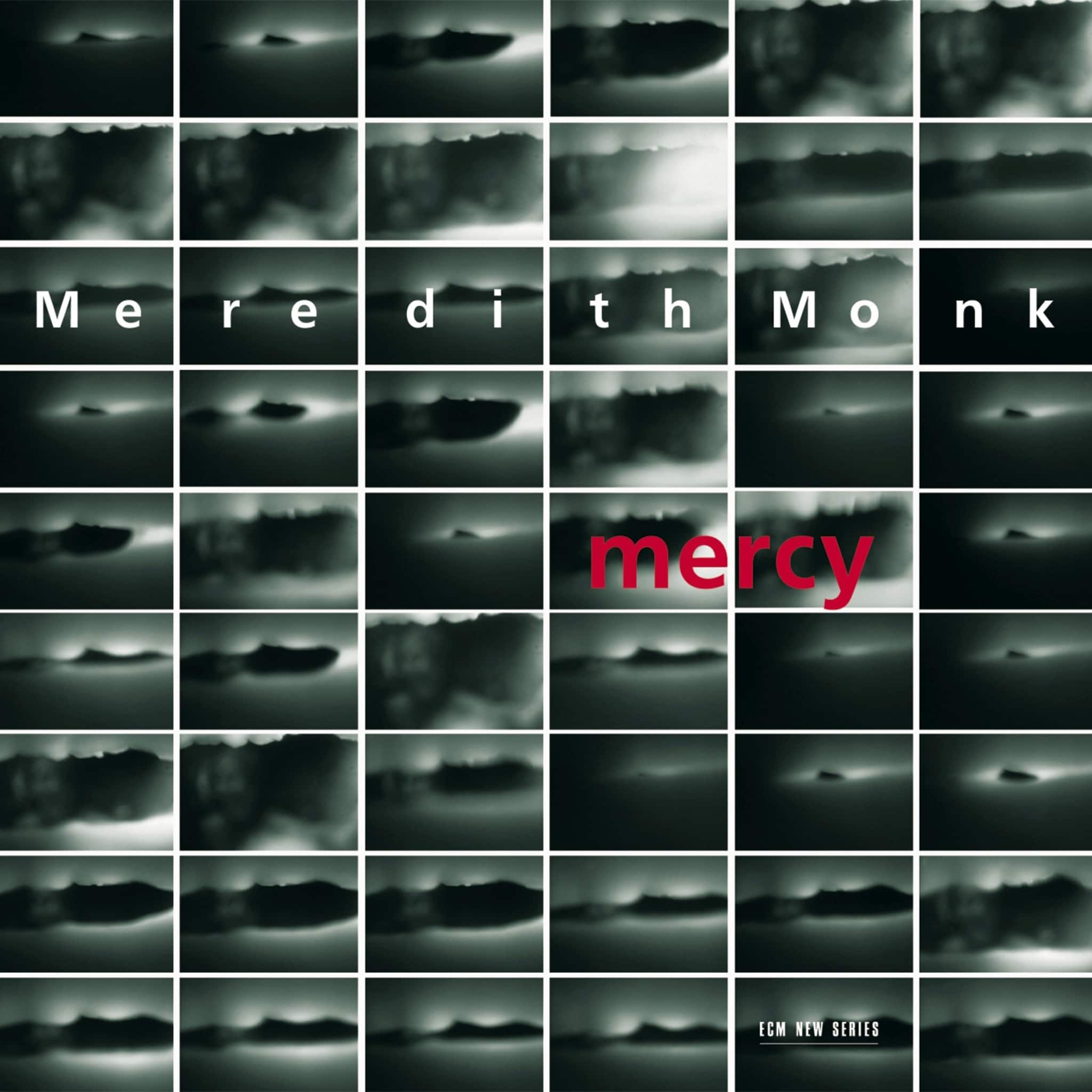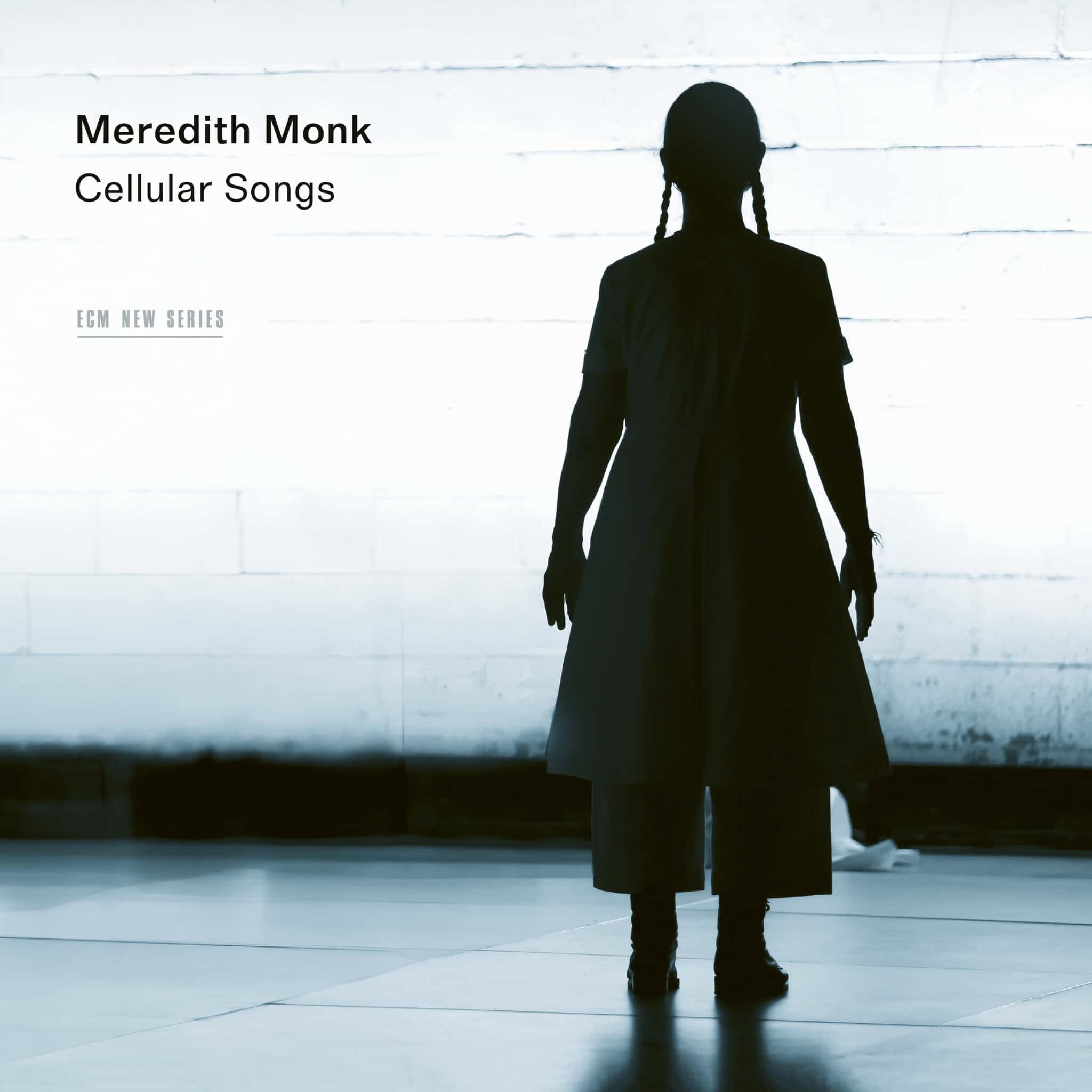
Dauer 58 Min
Mercy
Meredith Monk
Dauer 58 Min
- Woman at the Door8Meredith MonkKatie Geissinger, Allison Sniffin, Meredith Monk, Theo Bleckmann, Ching Gonzalez, Allison Sniffin, John Hollenbeck05:55
- Line 3 and Prisoner9John HollenbeckChing Gonzalez, Theo Bleckmann, Katie Geissinger, Meredith Monk, John Hollenbeck, Bohdan Hilash, Allison Sniffin05:23
- Urban March (Light)13Meredith MonkChing Gonzalez, Theo Bleckmann, Katie Geissinger, Meredith Monk, Allison Sniffin, Bohdan Hilash, Allison Sniffin, John Hollenbeck06:06









